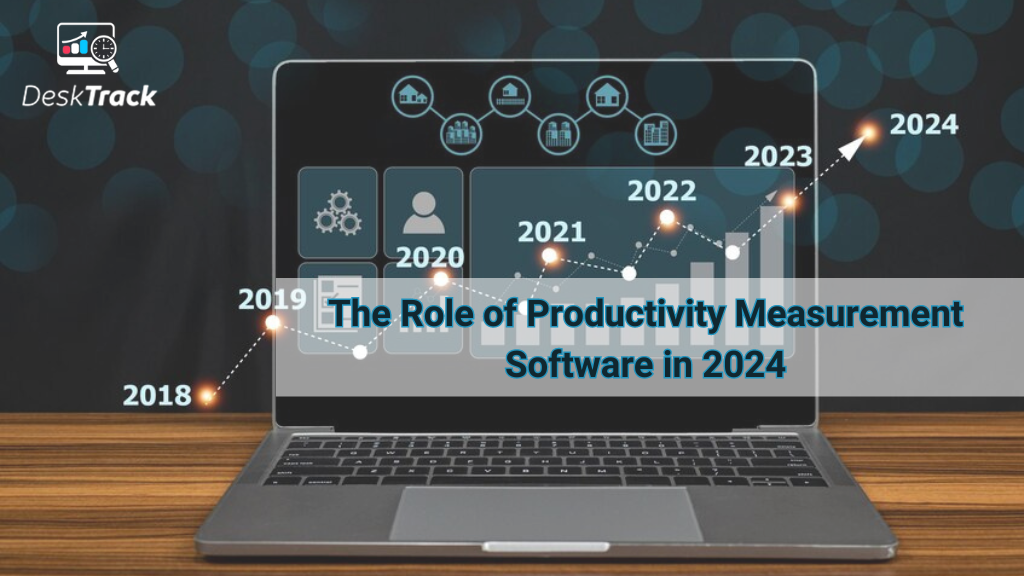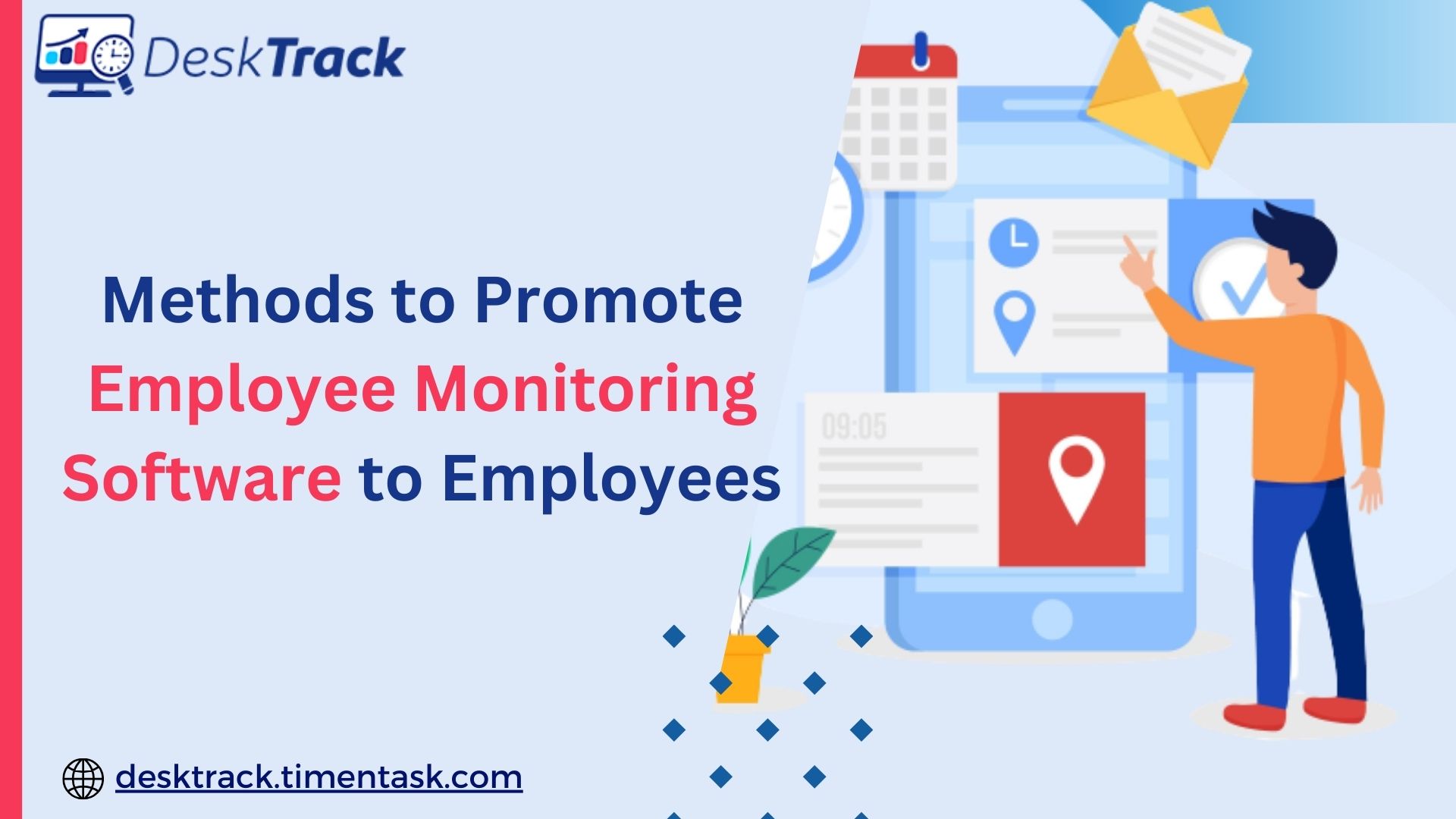Personalizing User Experiences: Implementing Azure AI Services for Recommendation Systems

People will always appreciate a platform that believes in giving recommendations that are based on what they like. Now, we shall explore the personalized experiences made possible through Azure AI Services. Azure Cognitive Services and Azure AI Services are the key components that assist in the modernization of Azure cloud applications through the use of cutting-edge recommendation systems that make the user experience customized and personalized for the first time.
In this blog, we will delve into the nuts and bolts of recommendation systems and Azure AI Services, showing how businesses can use these instruments to provide personalized experiences for their customers in such a way that will keep them satisfied.
Table of Contents
Understanding Recommendation Systems
The capability of recommendation systems to personalize is based on the use of complex algorithms that gather and analyze user data so that they can suggest products or services exactly to your specific needs. These systems are so ubiquitous—from searching for movies on streaming sites to making online purchases.
Types of recommendation systems
Collaborative Filtering
Collaborative filtering suggests stuff that a user who has similar tastes as others with similar tastes would like. It is a mechanism that uses the fact that if two people have liked the same products in the past, they will probably like them in the future.
- User-based collaborative filtering: Provides product suggestions based on the preferences of users with the same patterns.
- Item-based collaborative filtering: suggests items that are the same as the items liked, watched, or purchased in the past.
- Content-Based Filtering: Content-based filtering suggests posts that are similar to those that the user has liked in the past. It assesses the nature or qualities of things and links them to the desires of its users.
Hybrid recommendation systems
Hybrid recommendation systems, which are one of the recent developments in the recommendation system area, are gaining ground as the most efficient system in e-commerce. They combine the best of both worlds: collectively, with content-based filtering that is more specific and diverse, the recommendations will be more accurate.
Leveraging Azure AI Services for Recommendation Systems
Microsoft Azure Machine Learning Service is a very reliable platform that enables both developers and data scientists to come up with models that are trained and deployed at scale. Speaking of recommendation systems, the Azure Machine Learning service offers a full toolkit that contains all the necessary components for building and deploying your personalized models.
Model Development
The Azure Machine Learning Service provides a platform that enables the design of a recommendation model. Data scientists can utilize TensorFlow, PyTorch, and Scikit-Learn. These popular machine learning frameworks can be used to develop and train the recommendation engine to tackle unique cases.
Model Training
The Azure Machine Learning service gives users a chance to expand their model training projects without having to worry about running out of space. This includes the training of small datasets as well as the processing of large data sets. The Azure machine learning service provides a distributed training feature that draws on the power of Azure’s cloud platforms.
Model Deployment
Following training, recommendation models will be accessible as web services via Azure Machine Learning, which can be done in a few clicks. The platform provides the support of containerization as built-in and, consequently, makes the creation of containers that can be deployed to Azure Kubernetes Service (AKS) or Azure Container Instances (ACI) easier.
Azure Cognitive Services
The Azure Cognitive Services comprise various ready-to-use AI capabilities that can be easily connected to recommendation systems to offer more powerful and accurate functionality.
Text Analytics
Azure Cognitive Services, which is one of its services, provides text analytics that facilitates the understanding of the text data using identifying things like sentiments, key phrases, and named entities.
Image Analysis
Furthermore, Azure Cognitive Services includes a computer vision service that can be applied to picture analysis and detecting objects, scenes, and facial characteristics.
Speech Recognition
Azure Cognitive Services that are speech-recognition capable will go hand in hand with recommendation systems that will be able to accept spoken input from users and then suggest personalized recommendations via voice interfaces.
Azure Synapse Analytics
With Azure Synapse Analytics, a cloud-based analytics service designed to simplify the process of data analysis and visualization, companies can now swiftly and easily deal with large amounts of data.
Data Integration
Azure Synapse Analytics equips businesses with powerful data integration functionality in which they can extract data from different sources, transform it, and prepare it for in-depth analysis.
Data Processing
Azure Synapse Analytics is powerful because it has the distributed processing capacity needed for recommendation system development and can manage large-scale data processing tasks.
Analytics and Visualization
Azure Synapse Analytics provides an analytics and visualization framework that enables businesses to move deeper into their data by drilling down and visualizing their data to gain insights into the underlying patterns and trends.
Implementing Azure AI Services for Personalizing User Experiences
Humanizing the user experience with Azure AI Services involves a series of steps that incorporate both AI and machine learning to provide recommendations and interactions that are customized to each user.
Data Collection and Preprocessing
The key to the personalized user experience is data (in particular, the kind of data we collect and preprocess to train the recommendation models and derive insights from it). This is the stage in which data about users’ behaviors, interests, demographics, and contextual data are collected, while at the same time, data about products, content, or items is generated.
Model Training and Deployment
This data will be preprocessed, and then, using machine learning algorithms, the training model will be built. The Azure Machine Learning service as a complete platform for the building, training, and deployment of recommendation models includes all the required tools and resources that can be used for the development and deployment of the recommendation models in a short time.
Continuous Improvement and Monitoring
Personalization is a continuous process that includes monitoring, evaluating, and tuning the recommendation models. AI Azure services provide model monitoring functionality that detects drifts and retrains the models using new data with the tools and capabilities they provide.
Integration and Scalability
In the end, whether the integration of Azure AI Services in the personalization of the user experience will be successful or not depends on the inclusion of recommendation models within the existing applications and workflows, as well as having the capability of scaling and guaranteeing reliability when the number of users is large.
Wrap-Up
Azure AI services are integrated with recommendation systems so that customers experience a personalized but user-centric experience. Azure has infrastructure and pre-built components that help create engaging user experiences. By doing so, even small companies can take advantage of the opportunities, and their businesses can grow to new heights.




